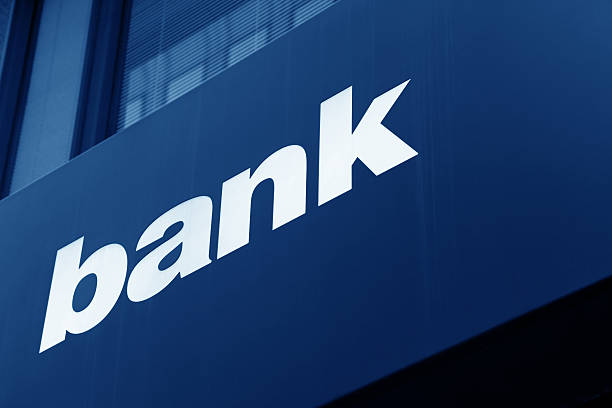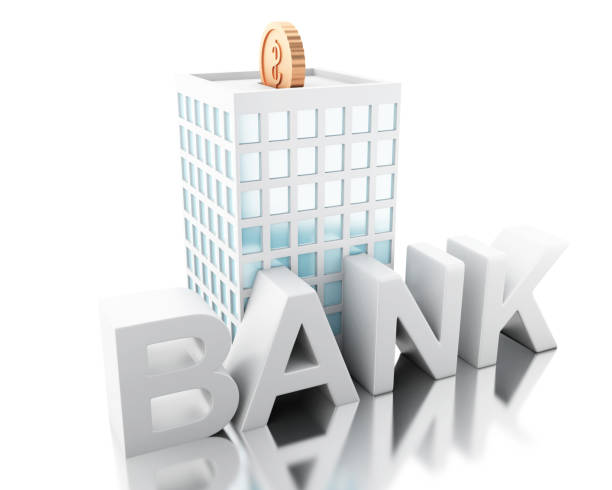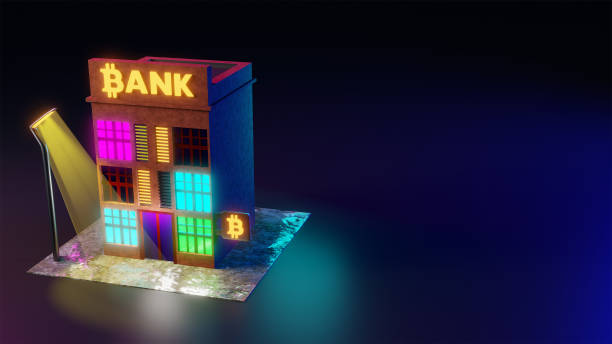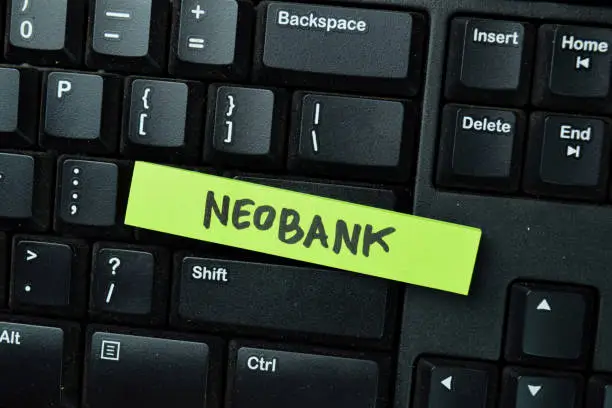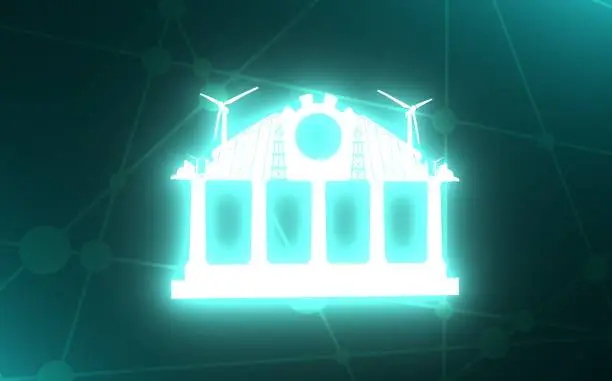With operations based in Singapore, Luno operates in South Africa, Malaysia, Indonesia, Singapore, and Nigeria, enabling residents of those nations to purchase and sell Bitcoin using their native currencies. The Luna collection of web and mobile wallets is still available to users from other countries. It provides numerous currency pairs throughout all of its operational geographies. One of the first cryptocurrency integrations into a payment processor in the world was made possible by Luno and PayFast. It participated in the FCA Sandbox initiative in 2016. This enables companies to test financial products under regulatory guidance.
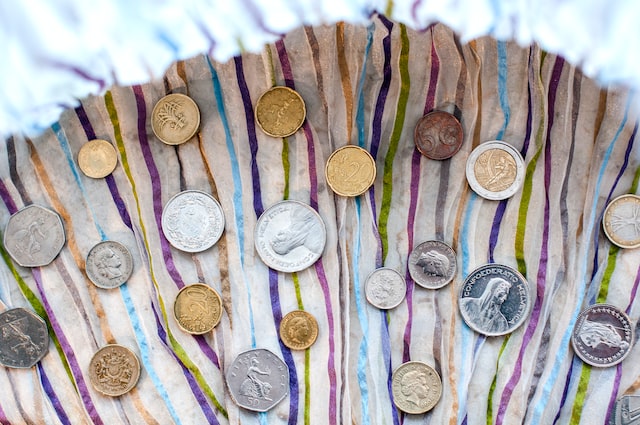
Creating a Luno exchange account
It is easy to create an account; the procedure is as follows:
- Go to the website and click the sign-up link in the top right corner.
- Enter your email address or create a social media account to register.
- Make a solid, safe password.
- Choose let’s go.
How to make a deposit
You must create your profile and provide some background information before you can deposit to purchase cryptocurrencies (aka verify your identity). Once finished, proceed to deposit money into your wallet using local currency.
Trading charges
A maker-taker fee model is used by the exchange. Makers are traders who issue orders on the market, either in their home currency or Bitcoin, and are charged 0% commission when their orders are filled. Takers are traders who match an active order on the market and are charged a 1% commission. Both deposits and withdrawals using bitcoin are free of charge. Its website lists the costs for deposits and withdrawals in fiat currency (local currency). The Luno API is available for traders to utilize. It facilitates trading on the exchange as well as market data feeds.
The exchange has expanded
To launch its bitcoin wallet, exchange, and services throughout Europe, it received $9 million in September 2017. Also supported since November 2017 is Ethereum. At the beginning of 2018, it declared it had processed $5 billion and had around 2 million consumers. They declared that they have 4 million customers in May of 2020. It supports regulation. As a reporting authority for virtual currencies, it registered with Bank Negara Malaysia in April 2018. Customers’ desire for the third-largest cryptocurrency by market size, XRP, led Luno to include it on their exchange in March 2020. Litecoin was introduced to the exchange in May.
“Upgrade the globe to a better financial system”, is Luno’s stated goal. Customers can trade across 25 cryptos to fiat pairs on the Luno Exchange or acquire cryptocurrency with their local currency using Luno’s fast buy/sell tool (also available through the Luno API).
Savings in BTC Lunos
Customers can earn interest on their Bitcoin holdings by storing them in a different wallet with the BTC Savings wallet. The desktop and mobile Luno apps for iOS and Android both offer all functionalities. The exchange makes sure that 95% of its cryptocurrency is kept in multi-signature “deep freeze” wallets that are secured by several levels of encryption. It supports progressive regulation of the cryptocurrency industry and cooperates with regulators in the markets in which it operates (the Securities Commission Malaysia regulates operations in Malaysia). A mandated, tiered approach to KYC, registration with regional financial intelligence agencies, and reporting suspicious behavior and transactions are just a few of the effective AML/CFT procedures that Luno has implemented.
Investments
It announced another round of funding, with Digital Currency Group taking a majority stake. A venture capital firm that specializes in the market for digital currencies is called Digital Currency Group (DCG). It is based in New York City and also controls the worldwide media portal CoinDesk, the cryptocurrency lending platform Genesis, the mining firm Foundry, and the asset manager Grayscale for digital currencies.
